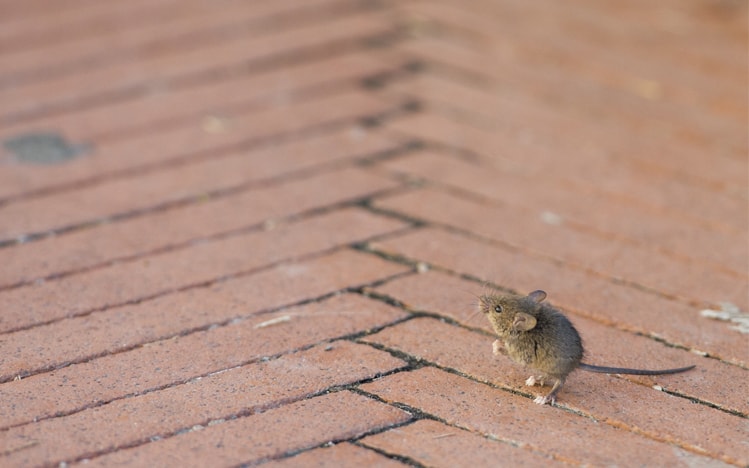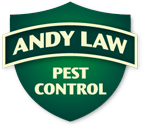
Is Your Home as Impenetrable as You Think?
Take a moment to go outside and look at the exterior of your property. It probably looks in reasonable condition. Providing the doors and windows are closed, you may well think there is little chance anything could get in and cause damage.
But is that true?
Mice can get through holes measuring no more than the width of a ballpoint pen. The masonry bee can make good use of holes in mortar joints and brickwork in the wall of a house. This rarely causes severe damage, but it doesn’t mean you would welcome them there anyway.
These are just two examples of unwanted pests that may make themselves at home in your home without asking. These examples also show you how important it is to perform regular checks around your home. Fending off pests and making it virtually impossible for them to gain access to begin with is far easier to do than to get rid of them once they have already taken up residence.
If a mouse finds easy access to your property and knows where the food sources are, it won’t go elsewhere unless it is forced to. Similarly, a bird may happily nest in your attic for months if it can get in there to begin with. Make that impossible, however, and it will go elsewhere.
Ideally, you should check your home from top to bottom once or twice a year to make sure no holes have opened anywhere. Check brickwork to make sure the mortar is intact, and replace any that has disappeared or crumbled away. Look for holes in or around fascia boards and soffits near the top of the walls under the roof overhang. If you live in a house, you may wish to hire someone to do this for you. Consider having birdproof netting put over your gutters too, as it will let the rain through but prevent birds from getting up there and under your roof tiles.
You may look around you at neighbouring properties and think no one else is doing this – why should I? But those properties are opening the door for potential problems with vermin, birds, and other nuisances to affect them. You may not immediately realise you have a problem with a mouse, bird, or bee, but that doesn’t mean the problem doesn’t exist. Wouldn’t it be better to avoid anything like this happening to start with?
